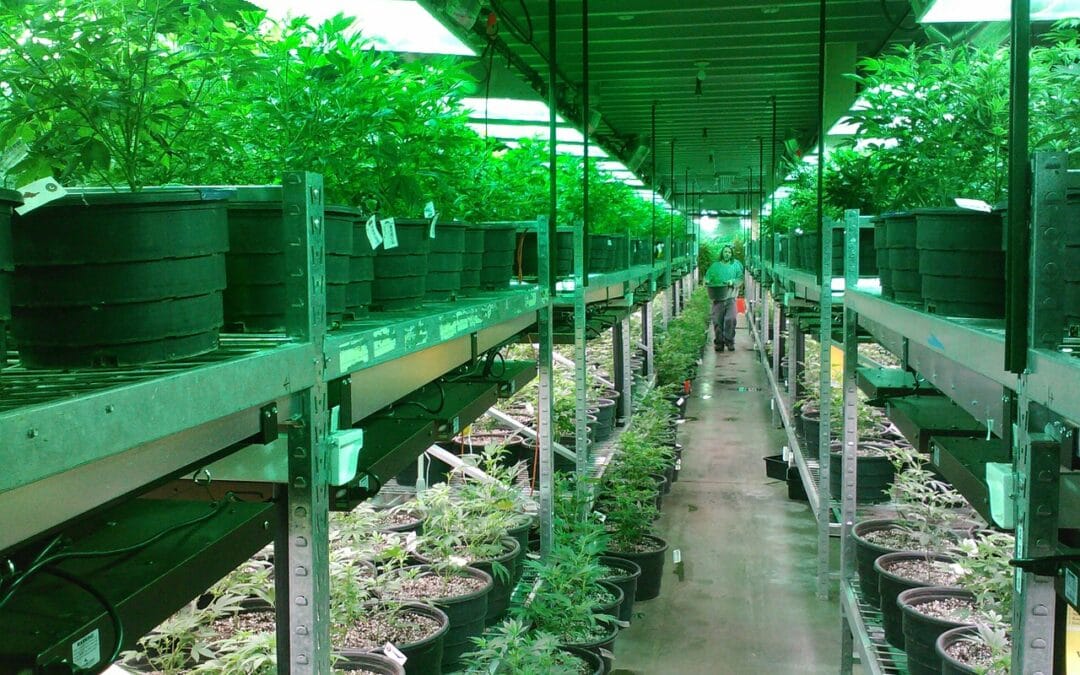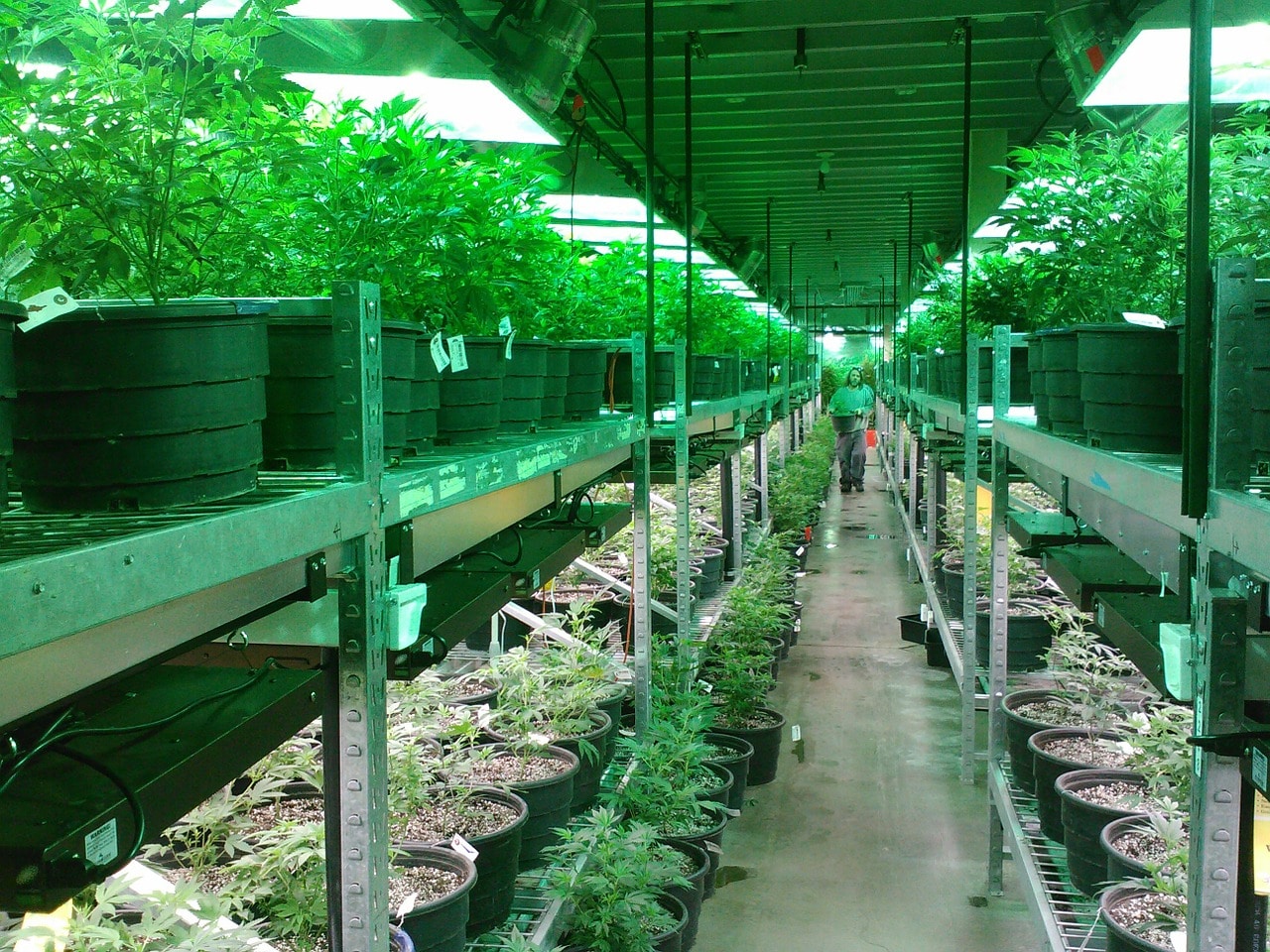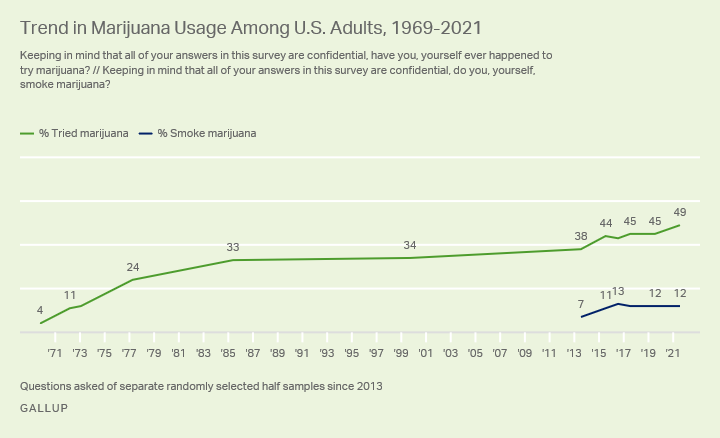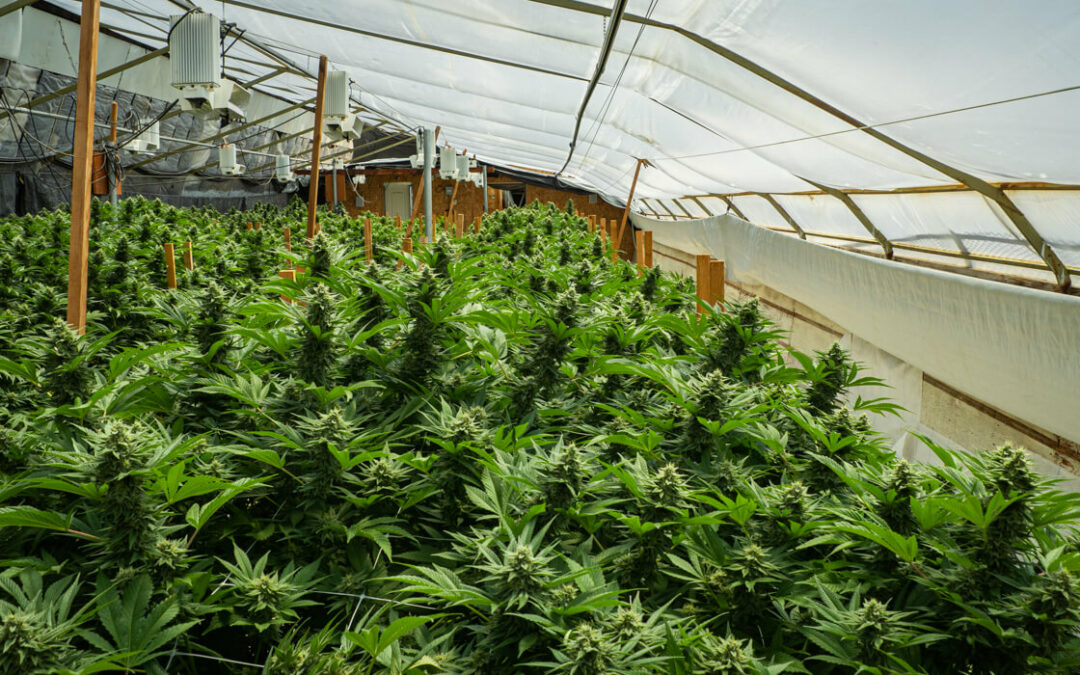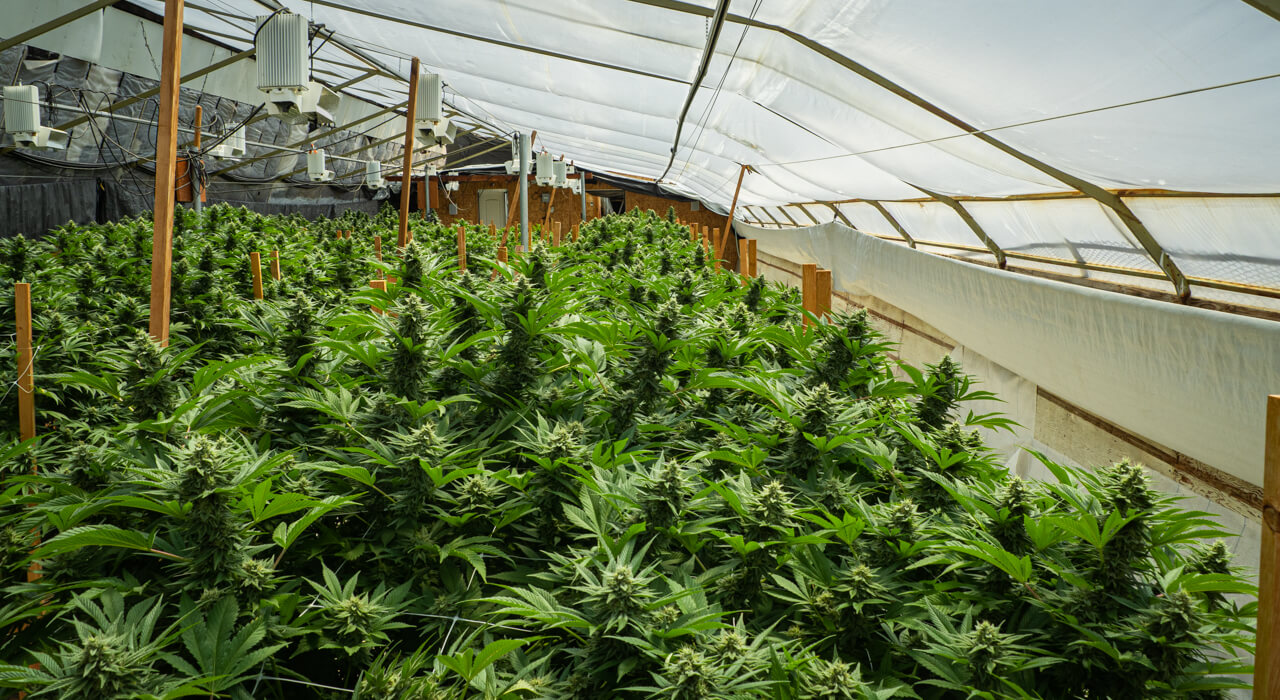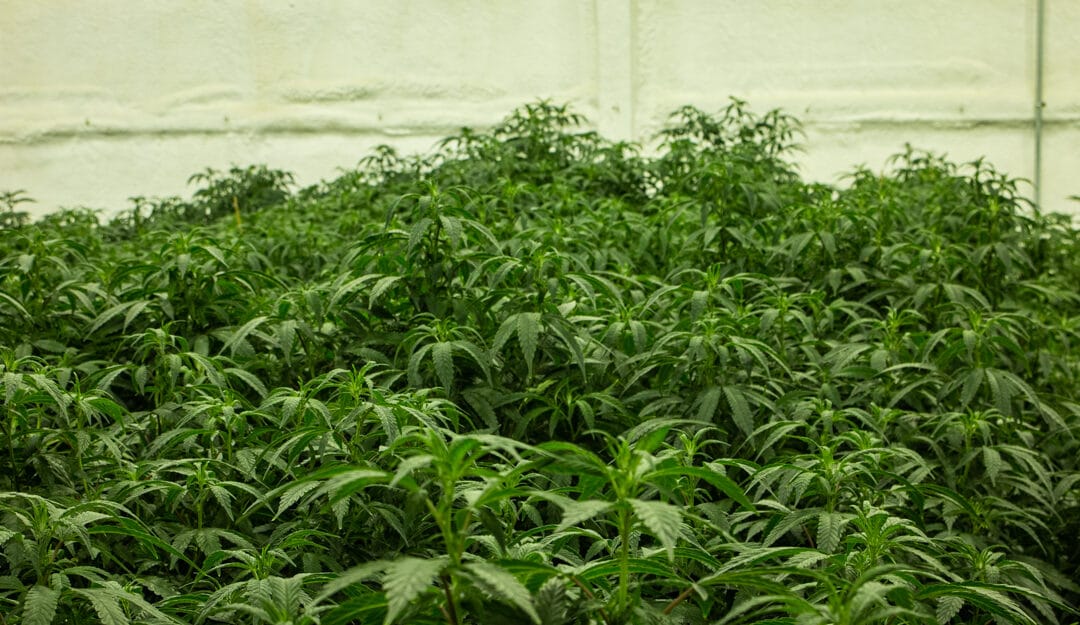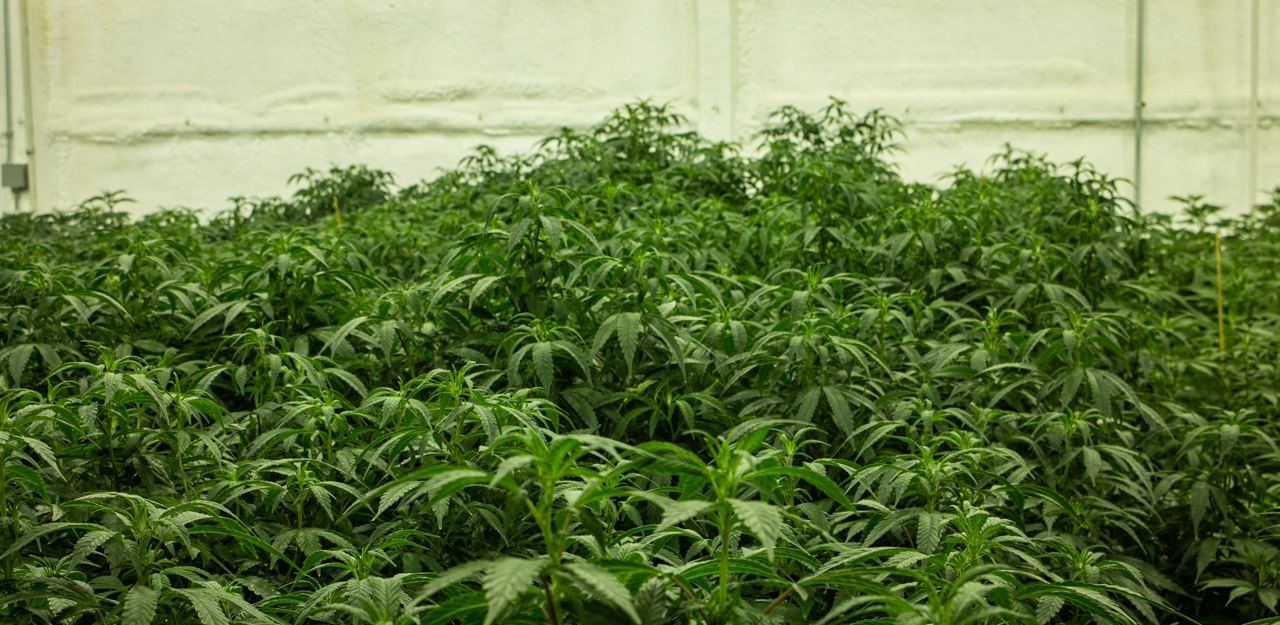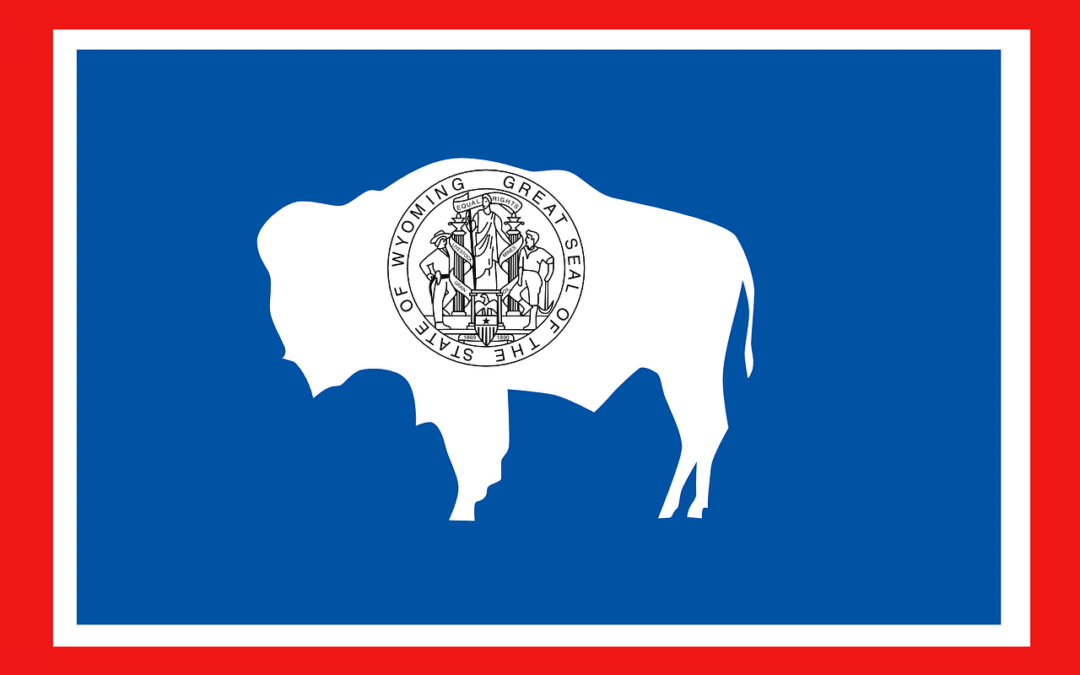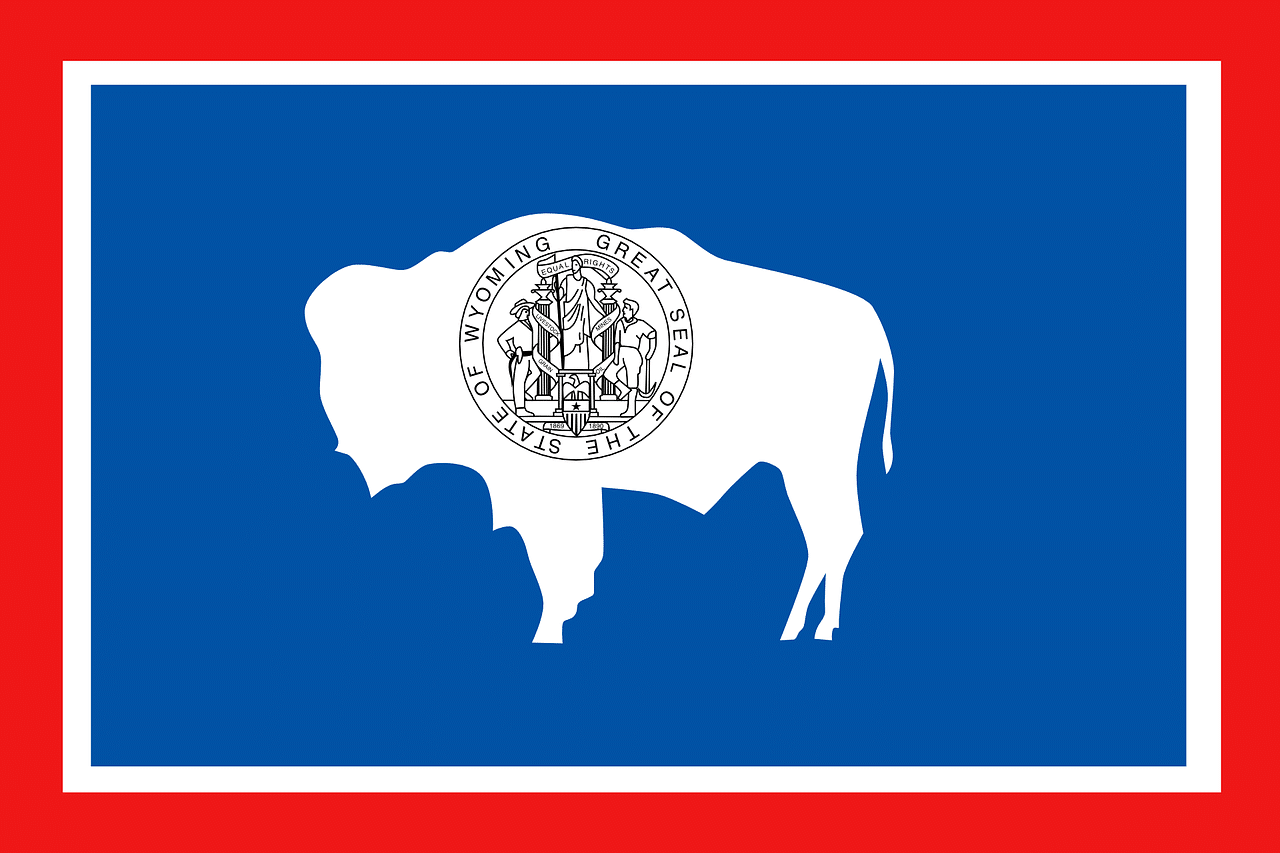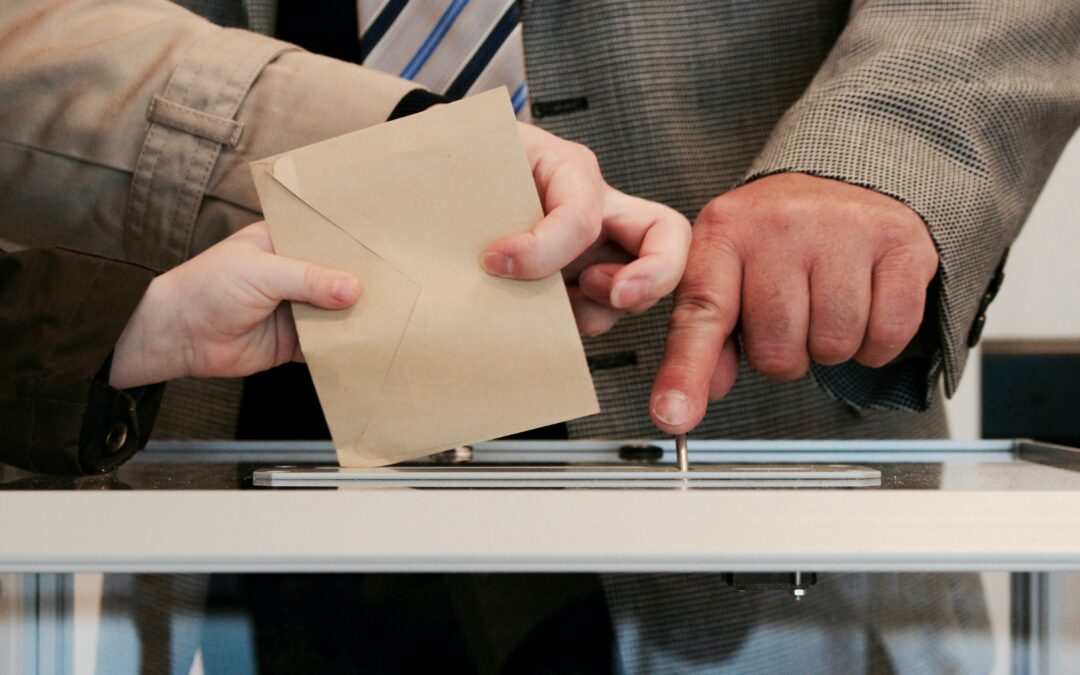
Group Files Another Missouri Marijuana Legalization Initiative For 2022 Ballot

Missouri voters may see a multiple marijuana initiatives on the state’s 2022 ballot, with a new group filing an adult-use legalization proposal on Friday that could compete with separate reform measures that are already in the works.
Legal Missouri 2022 submitted the latest measure to the secretary of state’s office, and it will now go through a review period before being potential certified.
The initiative would make it so adults 21 and older could purchase, possess and cultivate cannabis for personal use.
Regulators would be tasked with developing rules to set possession limits, but they would need to allow adults 21 and older to purchase at least up to three ounces of cannabis. People would have to register with the state to grow marijuana for personal use, and they’d be limited to cultivating six mature and six immature plants, in addition to six clones.
Under the proposal, there would be a six percent tax on marijuana sales, with the option of an additional local tax of up to three percent.
Revenue from those taxes would first support a provision mandating automatic expungements for people with prior, non-violent cannabis convictions. The surplus would be divided among programs for veterans’ health care, substance misuse treatment and the state’s public defender system.
“There’s widespread support among Missouri voters to regulate, tax and legalize marijuana,” John Payne, Legal Missouri 2022 campaign manager, said in a press release. “The status quo has allowed an unsafe, illegal market to thrive in Missouri, while preventing law enforcement from truly prioritizing the fight against violent crime.”
“Now is the time for Missouri to join the 19 other states to have successfully regulated and taxed adult use marijuana, bringing millions in new funding for vital state services,” he said.
Individual jurisdictions would be able to opt out of allowing marijuana businesses, but only if voters approve such a ban.

